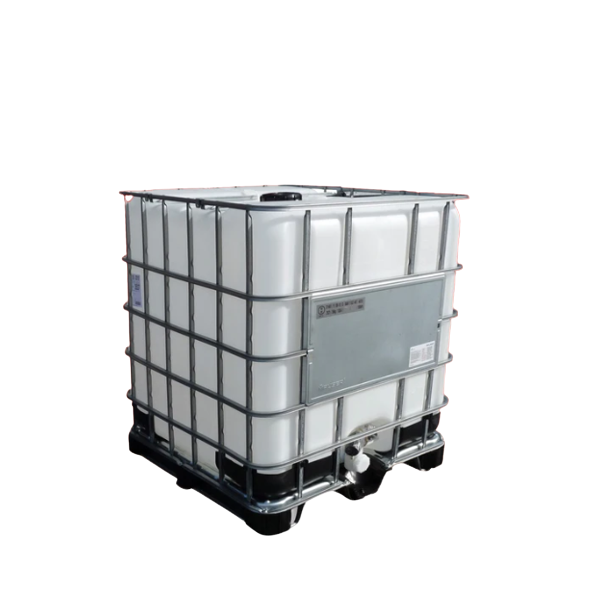Sodium dimethyl dithiocarbamate
Sodium dimethyl dithiocarbamate (SDD) is a chemical compound with the formula NaC₃H₆NS₂. It is a yellow, water-soluble solid that is used as a disinfectant, corrosion inhibitor, coagulant, vulcanizing agent, chelating agent, fungicide, and biocide.
Properties of SDD 40%
- Appearance: Yellow, liquid
- Formula: NaC₃H₆NS₂
- Molecular weight: 159.19 g/mol
- Melting point: Decomposes before melting
- Boiling point: 170 °C
- Solubility: Soluble in water
- Density: 1.26 g/cm³
Uses of SDD 40%
- Disinfectant: SDD is used to disinfect surfaces, such as countertops, floors, and equipment. It is also used to disinfect water.
- Corrosion inhibitor: SDD is used to protect metals from corrosion. It is used in a variety of applications, including cooling water systems, industrial boilers, and oil refineries.
- Coagulant: SDD is used to coagulate particles in water, such as clay, silt, and organic matter. It is used in water treatment plants to remove impurities from water.
- Vulcanizing agent: SDD is used to vulcanize rubber. It is a crosslinking agent that helps to strengthen and improve the properties of rubber.
- Chelating agent: SDD is used to chelate metals. This means that it can bind to metal ions and remove them from solution. SDD is used in a variety of applications, including metal recovery, wastewater treatment, and analytical chemistry.
- Fungicide: SDD is used to kill fungi. It is used in a variety of applications, including agriculture, horticulture, and wood preservation.
- Biocide: SDD is used to kill a variety of microorganisms, including bacteria, viruses, and algae. It is used in a variety of applications, including industrial water treatment, cooling water systems, and bioremediation.
Safety considerations
SDD is a toxic and corrosive substance. It can cause skin irritation, eye irritation, and respiratory irritation. It is also harmful if swallowed or inhaled. It is important to handle SDD with care and to wear appropriate personal protective equipment, such as gloves, safety glasses, and a respirator.


